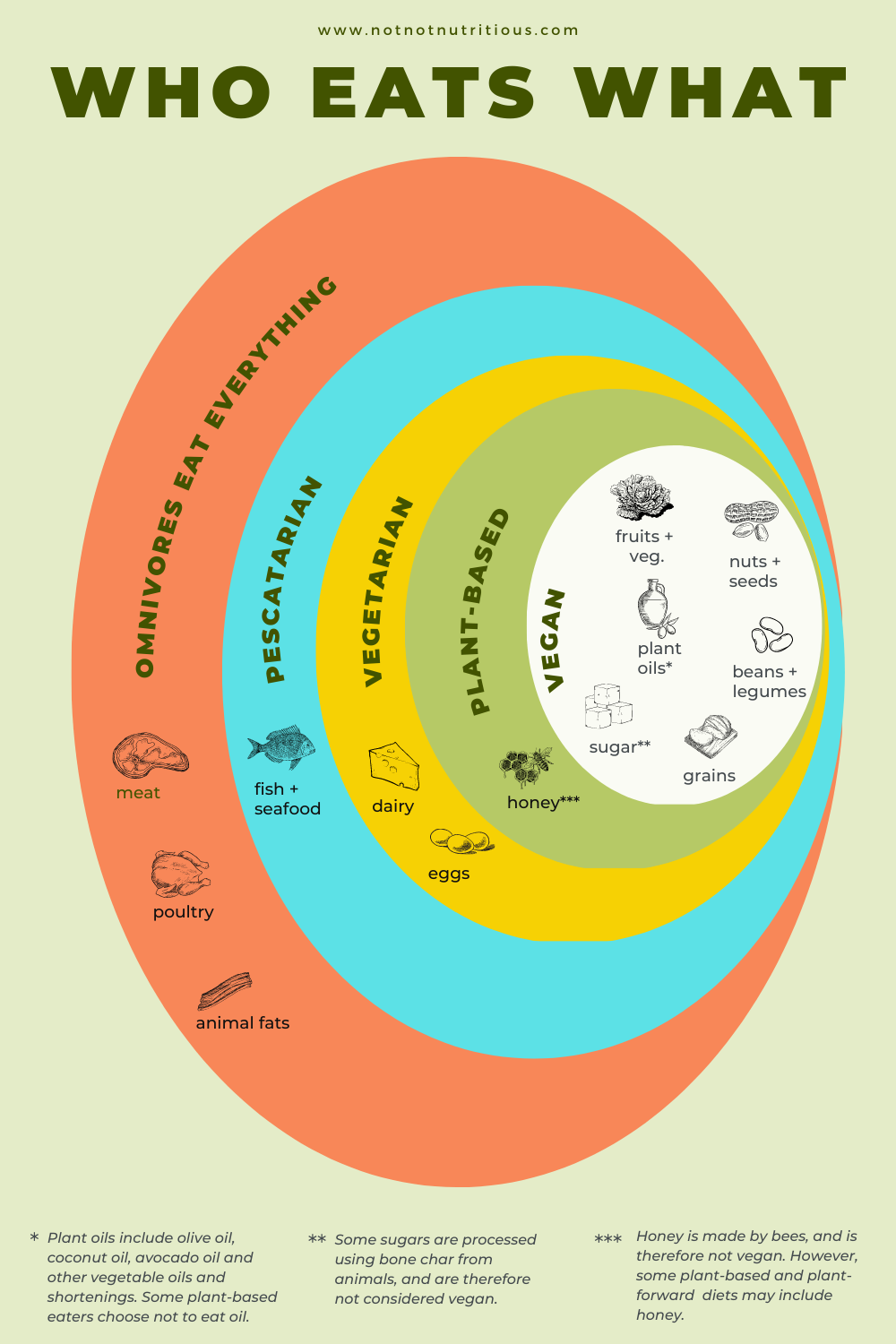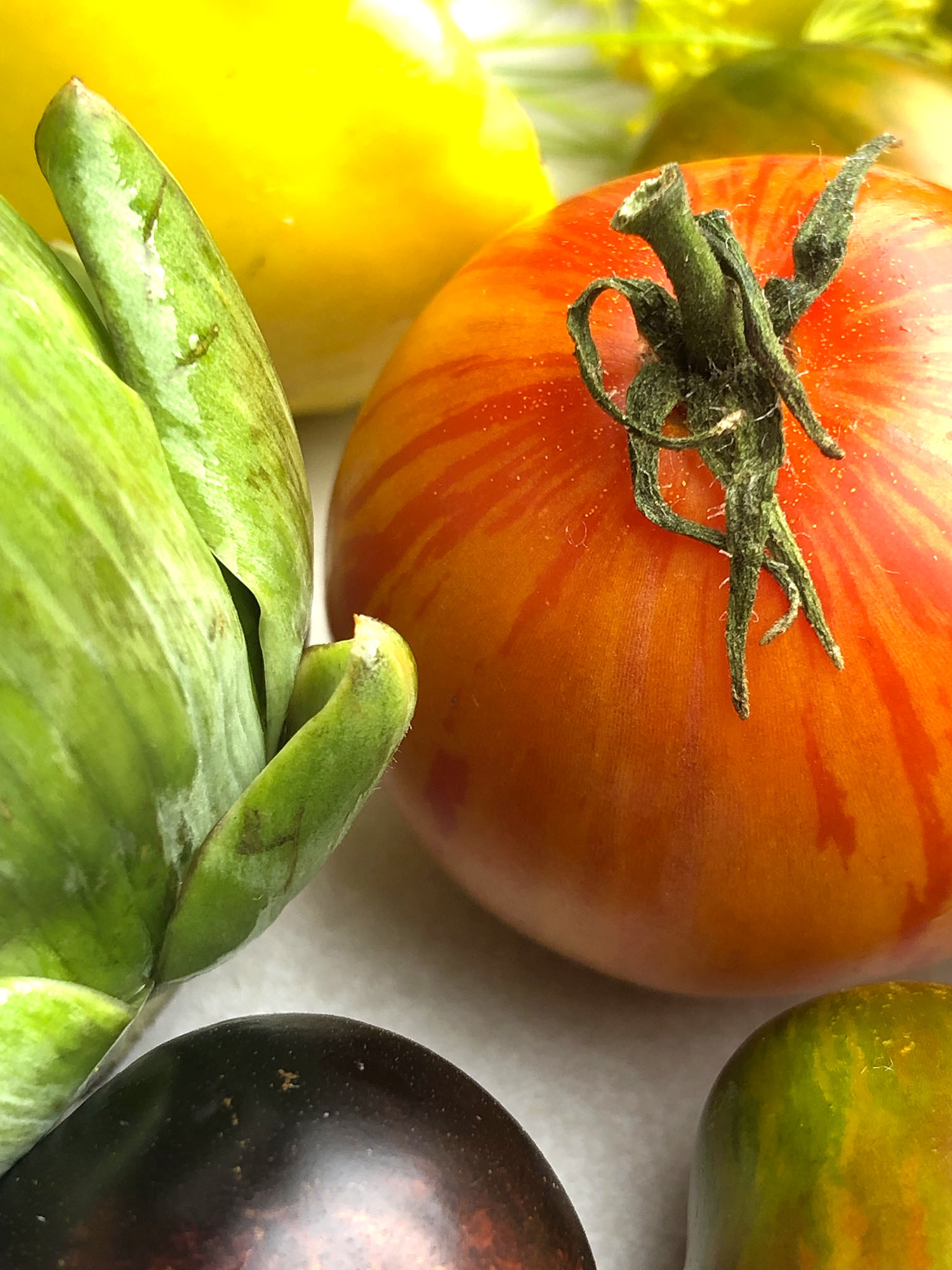Hello!
If you're new to plant-based eating, you might be curious about what it actually involves.
While there's no world authority that decides what it means, one common definition is a diet consisting of food made exclusively from plants.
At first, the plant versus animal distinction seems straightforward: broccoli = yes, beef = no.
But as you dig deeper, questions emerge.
Sugar, for example, is made from plants, but is it 'allowed' in a plant-based diet?
And what do people actually eat? Is this diet just endless combinations of kale and tofu, sprouts and avocado, and coconut plus anything?
What about dessert? Are followers resigned to celebrating life's joys with raw vegan cheesecake?
The short answers are yes, no, and most definitely no!
For the longer answers to these questions and more, read on. Or browse the Table of Contents to jump quickly to any section of interest.
If you have questions, drop us a Comment and we'll respond as soon as we can. We'd love to hear your experiences as well!
We hope this article, and the site in general, become a helpful resource for you, wherever you are on your plant-based journey.
Sylvia
Founder, not not nutritious.com
Learn more about us.
What types of food are included in a plant-based diet?
A plant-based diet includes a wide range of food types, including:
Plant-Based Eating Defined
A diet consisting of food made exclusively from plants, including fruits and vegetables, nuts and seeds, grains, legumes, and plant-derived oils.
What about protein? Don't I need to eat meat to get enough protein?
The short answer is no! All plants contain some protein and typically plant-based meals contain a variety of sources of protein. This is a big subject, so we created a separate article: Where do I get my protein?
Does plant-based eating mean eating only raw or un-processed foods?
Not typically! While there are many sub-sets within plant-based eating, such as the whole foods plant-based diet (see the Infographic: The plant-based universe), many plant-based eaters enjoy a range of foods made from plants, including:
Is sugar part of a plant-based?
The short answer is: Sometimes!
Sugar is made from plants. However, sometimes plant-based eaters avoid refined sugar, such as white sugar, for health reasons.
Additionally, if you are eating plant-based to avoid animal cruelty, you may wish to avoid eating sugar refined from sugarcane, as the process may involve bone char (from cow bones), and is therefore not considered vegan-friendly.
Confectioner's sugar and brown sugar are both made from white sugar, so whether they're vegan-friendly will depend on the white sugar used.
For more details on sweeteners, check out Sugar, Sugar, Honey, Honey: A Guide to Sweeteners for Plant Based Diets.
What type of desserts are allowed on a plant-based diet?
Almost every type of dessert can be made using plants! Plant-based eaters enjoy cookies, muffins, pies, cakes, and even cheesecake.
If you want to use a conventional recipe and convert it, sometimes it's simply an easy swap of eggs with aquafaba. For example, many conventional cookie recipes are easily made plant-based. Other recipes may require more work to convert.
Is a plant-based diet a healthy/healthier diet?
We don't know! We aren't nutritionists, and even among experts, there's no consensus that a plant-based diet is healthier than others.
We believe you need to decide what's best for you. To help you make informed decisions, we include nutritional information in every recipe post. Nutritional information includes the calories per serving, as well as grams of carbohydrates, protein, fat, saturated fat, fiber, and sugar. Additionally it includes the amount of sodium, potassium, Vitamin A, Vitamin C, calcium, and iron.
You'll see the servings size and calories per serving right after the recipe description. Detailed information is available near the bottom of the recipe card.
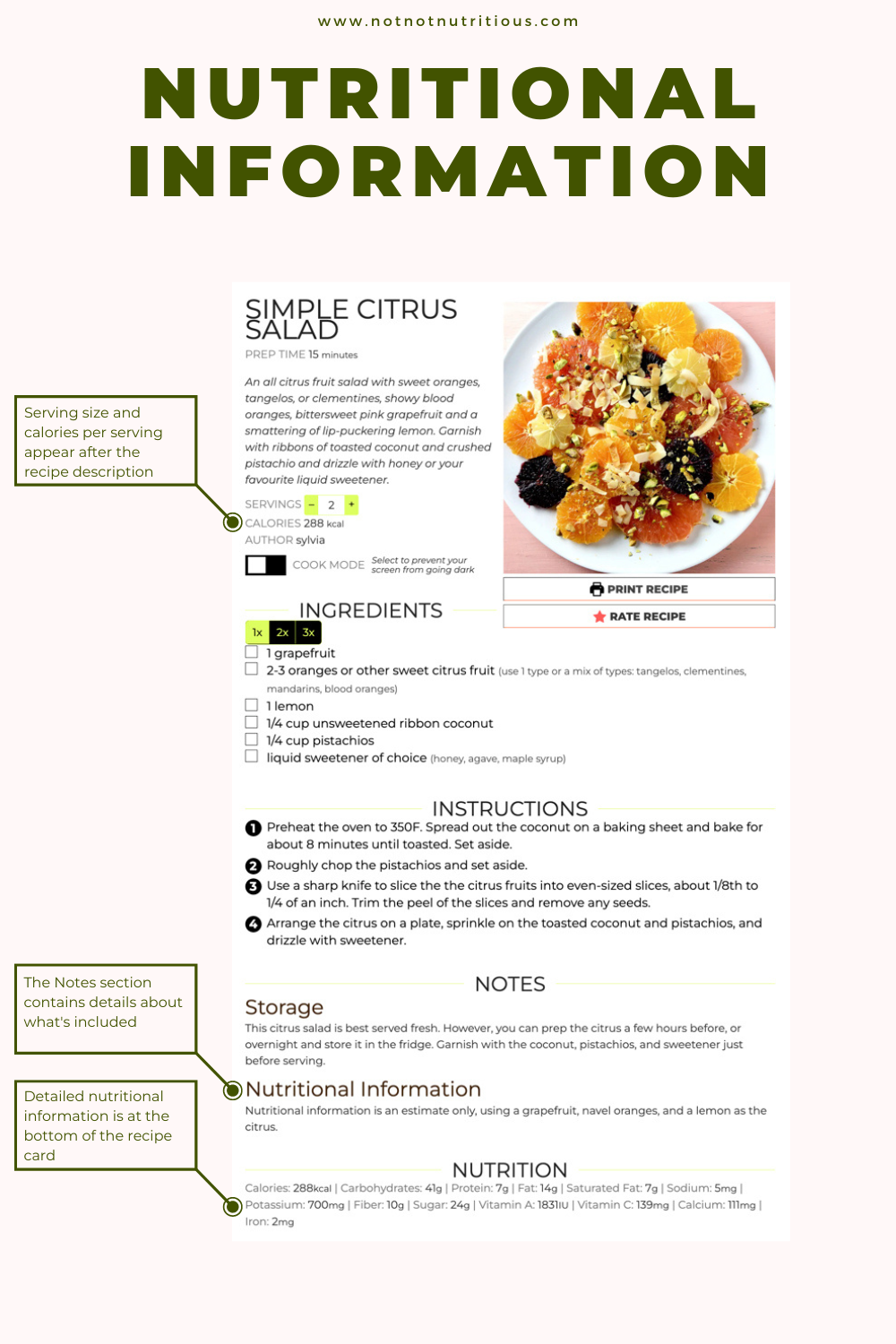
What isn't allowed in a plant-based diet?
Essentially, a plant-based diet doesn't include any animals, or any product derived from animals. This includes:
What about eggs? Are they part of a plant-based diet?
Eggs are not plant-based as they're produced by birds, such as chickens and ducks.
Eggs are a very common ingredient in many recipes, from baked goods to mayonnaise and cheesecake.
Depending on the role of the egg in the recipe, aquafaba can make an excellent, almost-free substitute.
What about replacing milk or cream in sauces?
Many creamy sauces can be made by substituting your favourite plant-based milk for traditional milk. We've also created the Mother Mix, a super simple pantry-staple you can make in minutes using only four ingredients. Just add water, blend and cook to make a simple plant-based cream sauce. Or use it in recipes like Broccoli Cheese Soup, Crazy Easy Vegan Queso, Hot Spinach Dip, and Veggie Pot Pie.
Infographic: Is it part of a plant-based diet?
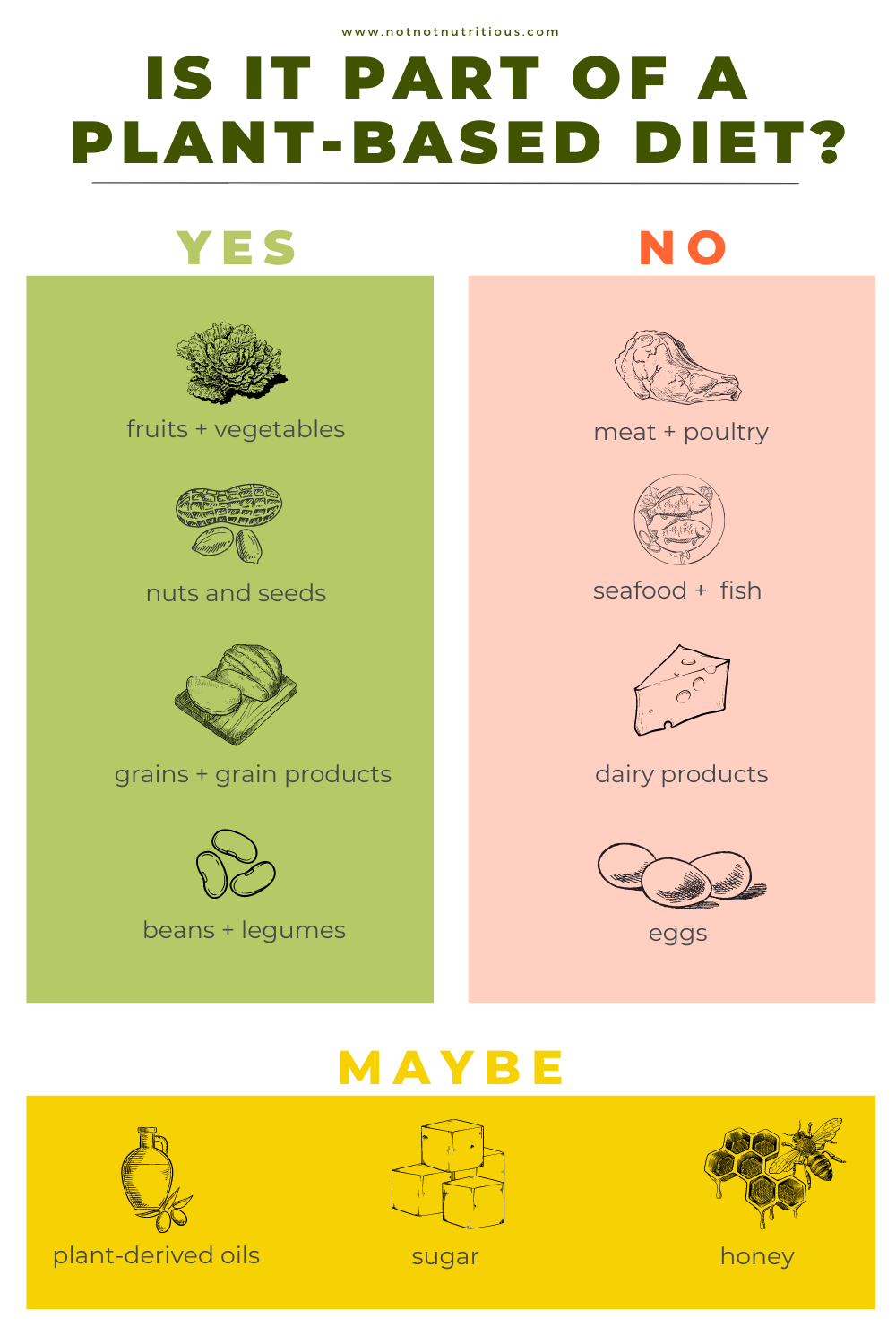
How does a plant-based diet compare to a vegan diet?
People often ask the difference between plant-based and vegan diets. Essentially, while people who follow both of these diets eat plants and avoid animal products, vegan-ism is more than a diet, it's a philosophy that advocates for an end to animal suffering. As well as avoiding eating animals or animal products (such as butter or honey), vegans avoid anything that's made from animals, such as leather or wool.
Note though that many who eat a plant-based diet also do so to avoid animal cruelty, as well as for environmental or health reasons.
You should also be aware that often when it comes to recipes, vegan is used as a synonym for plant-based.
Infographic: The plant-based universe
Within the universe of plant-based eating, there's a range of different diet types, including vegan, plant-based, whole food plant-based, the 'junk food' vegan, and the plant-forward eater (also known as reducetarian). This infographic summarizes the differences.
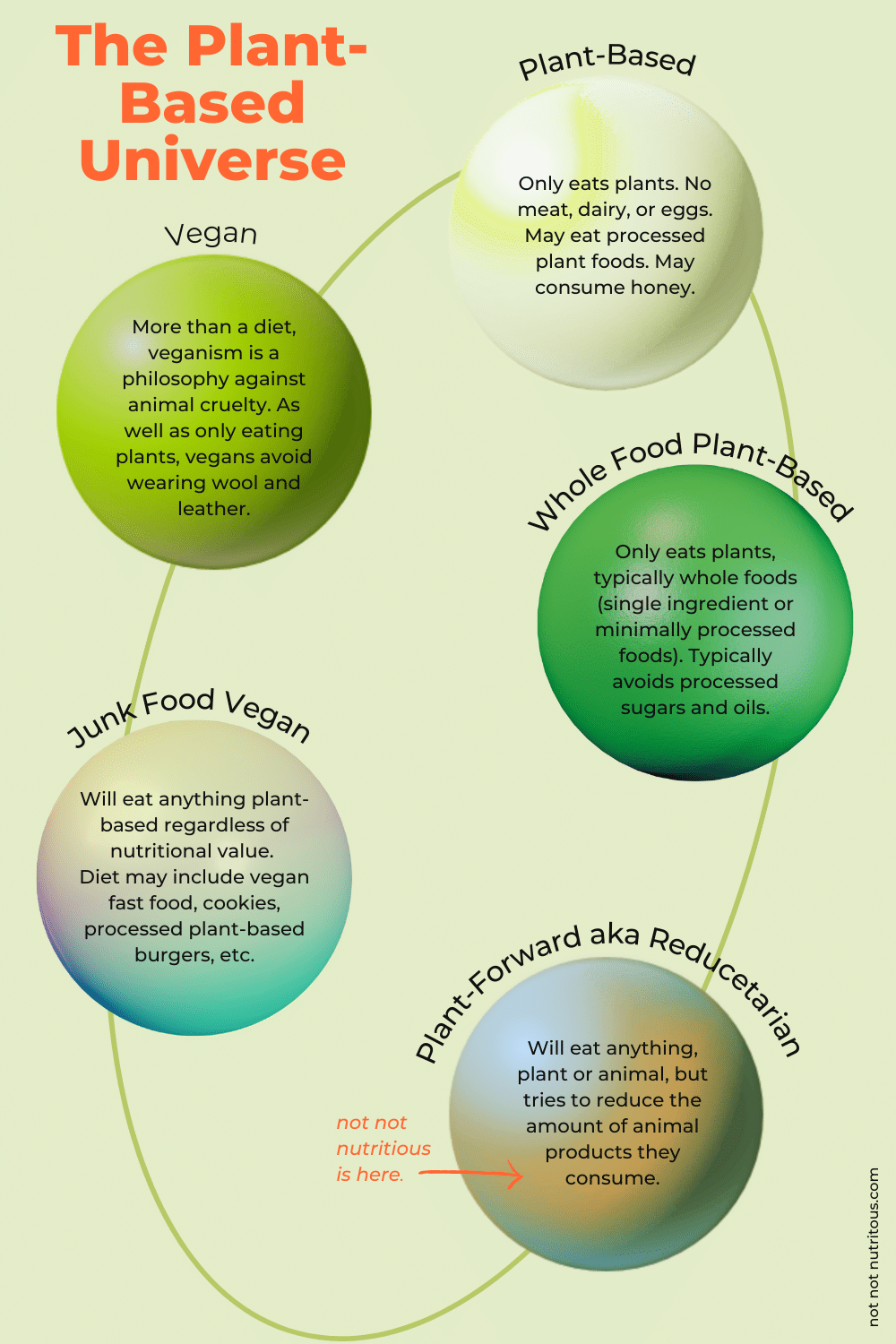
What's the difference between plant-based and plant-forward eating?
Many people are exploring plant-based eating, while remaining omnivores. This type of eating is sometimes called plant-forward eating.
Plant-forward eating best represents our philosophy here at not not nutritious. In fact, it's built right into our tagline: Recipes, articles + tips to help you eat more plants and fewer animals.
Learn more about us.
Infographic: Who eats what? A visual comparison of different diets
